- About us
- Support the Gallery
- Venue hire
- Publications
- Research library
- Organisation chart
- Employment
- Contact us
- Make a booking
- Onsite programs
- Online programs
- School visit information
- Learning resources
- Little Darlings
- Professional learning
Sir Edward (‘Weary’) Dunlop AC CMG OBE (1907–1993) was a surgeon, who as a prisoner-of-war on the Burma Railway used his medical skills to save the lives of a great number of allied POWs. Brought up in country Victoria, Dunlop studied medicine on a scholarship at the University of Melbourne, where he gained the nickname ‘Weary’. Having qualified as a surgeon in 1937, Dunlop enlisted in the Australian Army Medical Corps at the end of 1939. In 1942 he was captured by the Japanese in Java. Transferred to the Burma-Thailand Railway, Dunlop set up a jungle hospital and, without medical supplies and with improvised instruments, treated prisoners who were suffering from tropical diseases, malnutrition, exhaustion and the effects of torture. After the war, Dunlop practised as a cancer specialist in Melbourne and pioneered treatments for throat cancer. President of the International College of Surgeons, he remained supportive of ex-POWs and was involved in humanitarian programs both in Australia and throughout Asia. Dunlop was given a State funeral in Melbourne. This portrait came about when, in 1987, Robert McFarlane was commissioned to take stills of the making of a documentary about Dunlop and his wartime experiences.
Gift of Patrick Corrigan AM 2013. Donated through the Australian Government's Cultural Gifts Program.
© Robert McFarlane/Copyright Agency, 2024
Robert McFarlane (age 45 in 1987)
Colonel Edward (Weary) Dunlop AC CMG OBE (age 80 in 1987)
Patrick Corrigan AM (130 portraits)



On one level The Companion talks about the most famous and frontline Australians, but on another it tells us about ourselves.
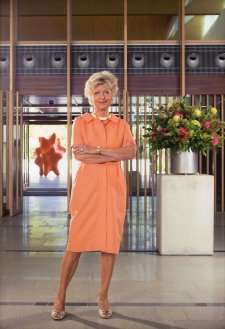
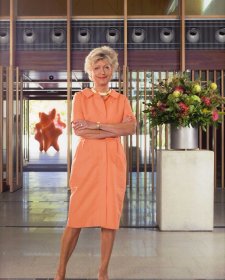
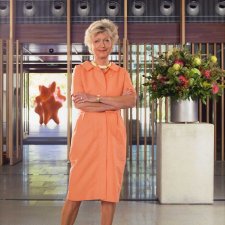
Portraits of philanthropists in the collection honour their contributions to Australia and acknowledge their support of the National Portrait Gallery.
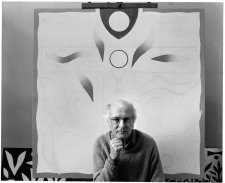
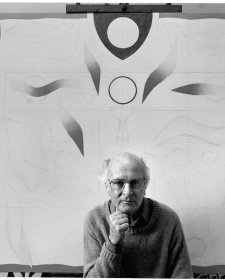
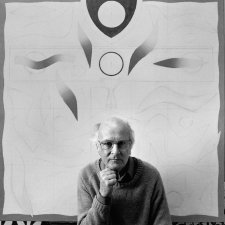
Pat Corrigan's generous gift of 100 photographic portraits by Greg Weight.